The Daubert Standard – Decoding Incompetence and Corruption in Family Court
The Current Situation
Mental health providers perform one of three primary roles in Family Law: co-parenting therapist, reunification counselor, and child custody evaluator.
Co-parenting therapists and reunification counselors work with parents and children to foster healthy dynamics. The child custody evaluator’s role is different in that their sole purpose is to assist the Judge in deciding child custody outcomes.
In most states, family court judges receive limited mental health or psychology training. Consequently, the Court’s designated mental health professional—the Child Custody Evaluator—becomes the default arbiter.
Thus, the Daubert Standard is used to disqualify inaccurate or demonstrably biased custody evaluators.
The Daubert Standard
Though not commonly used in family court, the Daubert Standard can be used to examine whether a custody evaluator’s conclusions were derived from a scientifically sound methodology, as required under the Ethical Standards of Psychologists.
The Daubert Standard also offers the flexibility to uncover corrupt behavior. Allowing child custody evaluators to receive compensation from one parent for separate “roles” within the same case encourages, enables, and promotes corruption within the Court.
To distinguish between the two, Incompetence can be characterized as unintentional mistakes, while corruption manifests when so-called mistakes favor one party in a case that is paying for the child custody evaluator.
Moreover, the LA Appeals Court, Main vs Main, disqualified a child custody evaluator who held more than one role in a case. The evaluator acted as the co-parenting coordinator and delayed the child custody process. These created conflicts of interest that allowed for unethical ex-parte conversations and biases against the other parent.
The Solution
All Judges are elected to be their Court’s custodian of justice. Yet, many Judges hesitate to rule against the child custody evaluator, so the Daubert Standard offers a narrow pathway to examine the work of child custody evaluators in the midst of a case.
However, the Institute for Child Custody Advocacy is supporting House Bill 272 by Louisiana State Representative Patrick Jefferson which addresses ex-parte conversations and certain existing relationships between the parties; however, we think specific parental rights protections are needed. A safeguard amendment which would protect families by removing disqualified custody evaluators and requiring adherence to the already approved Child Custody Evaluation Guidelines established by the Louisiana State Board of Social Work Examiners.
HB272 with a safeguard amendment gives parents another option to help protect the parent-child bond from an incompetent or corrupt child custody evaluator before getting too deep into their respective cases.
After all, protecting the parent-child bond is the court’s mandate.
Stay engaged with the Institute for Child Custody Advocacy by joining our mailing list.




